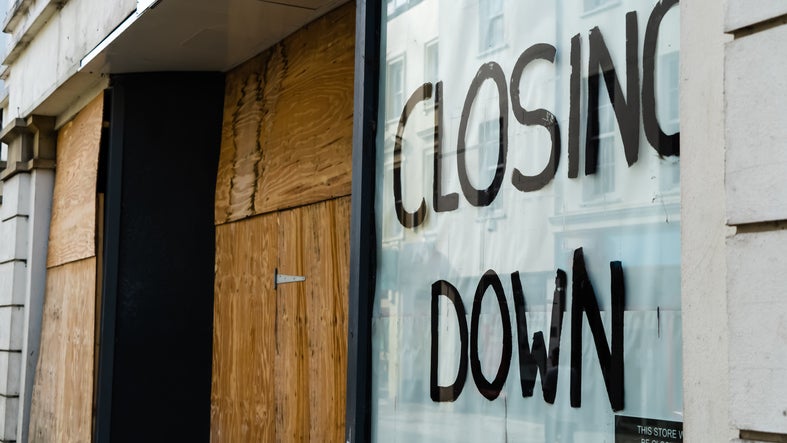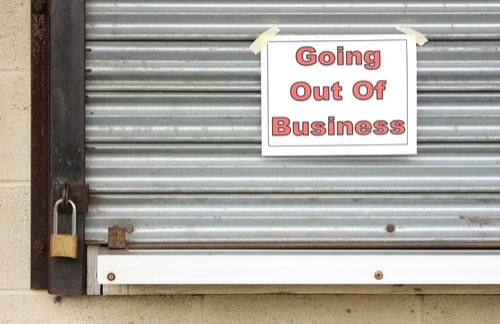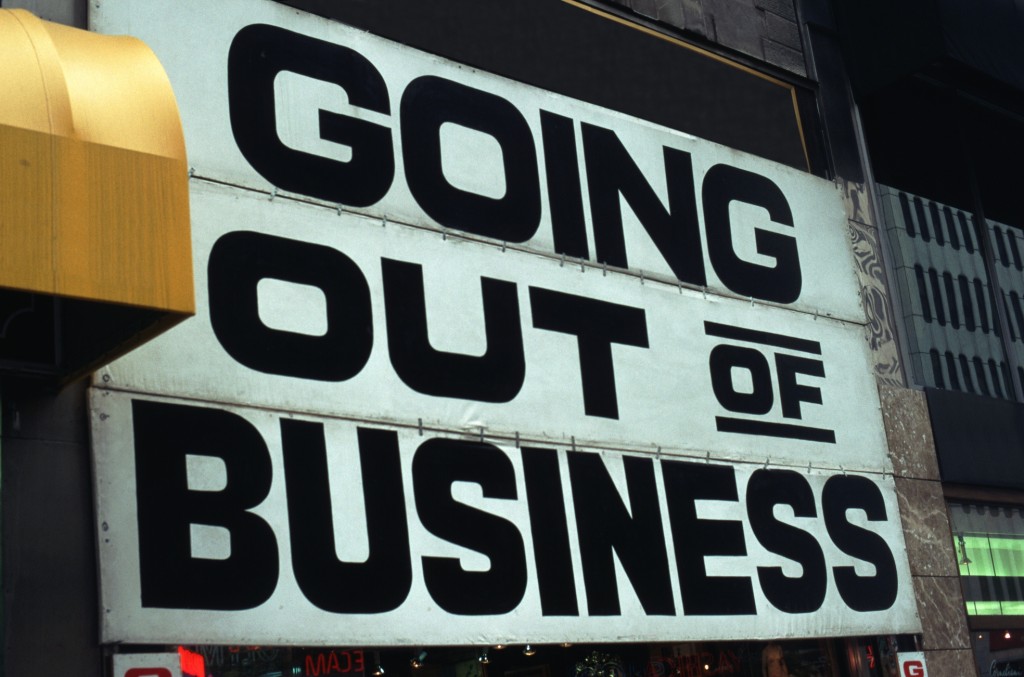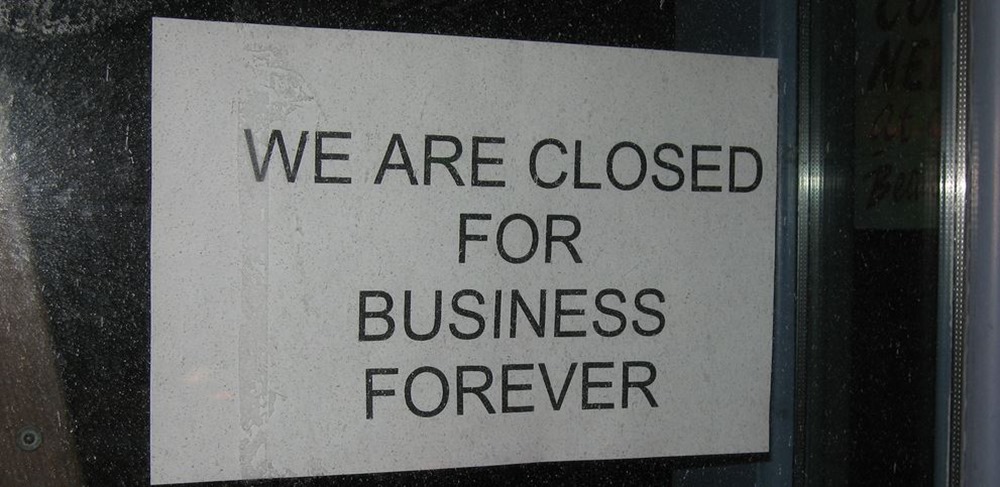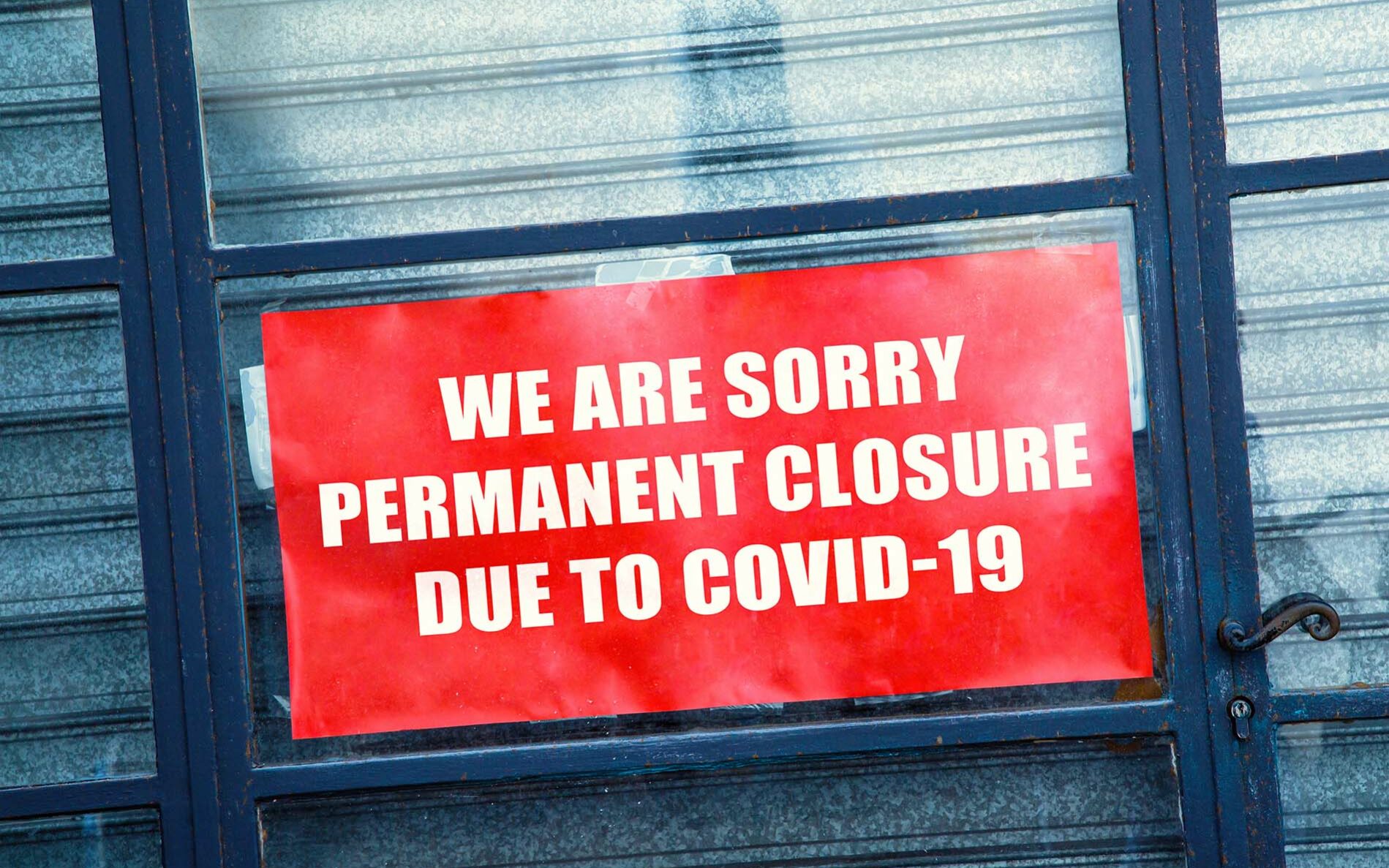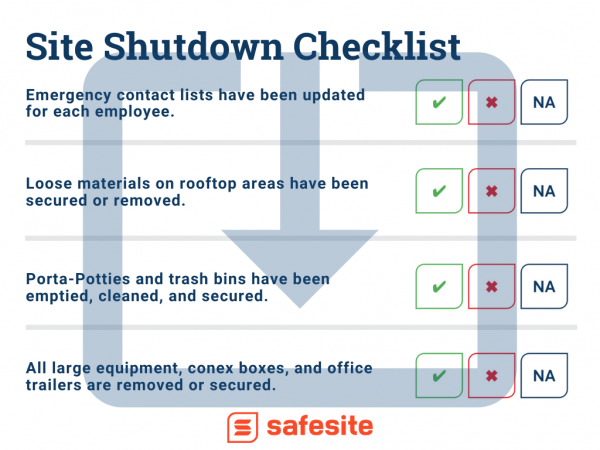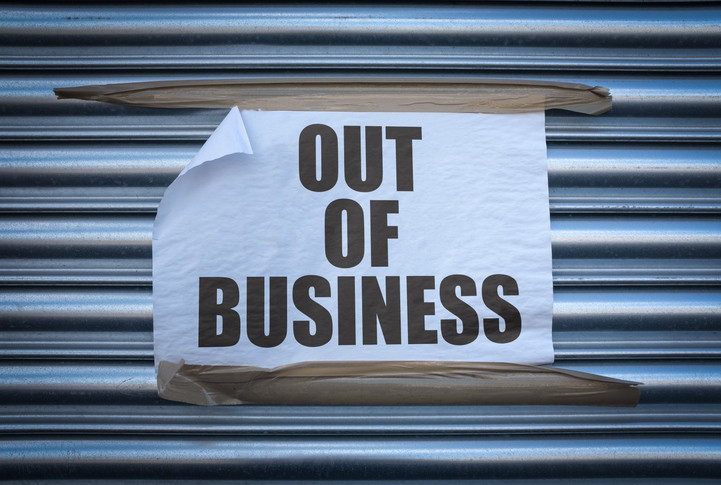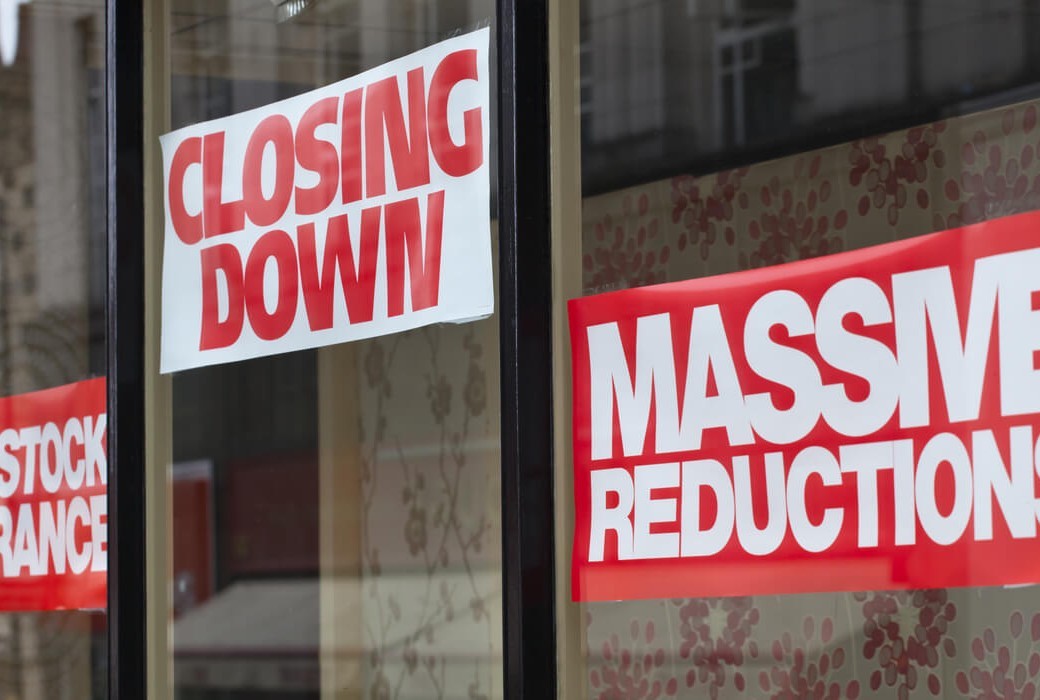How To Get A Business To Shut Down

The closure of a business, regardless of size, sends ripples through communities. It impacts employees, customers, and the local economy. While most businesses strive for longevity, certain actions or circumstances can precipitate their demise.
This article examines the pathways that can lead to a business shutdown. It covers both legal and less formal routes. It includes regulatory actions, consumer activism, and internal factors.
Regulatory and Legal Avenues
Government agencies at the local, state, and federal levels play a crucial role in regulating businesses.
Violations of these regulations can lead to severe penalties, including forced closure. The penalties range from hefty fines to license revocation and even criminal charges in extreme cases.
Health and Safety Violations
Businesses, particularly those in the food service and healthcare industries, must adhere to strict health and safety standards. Repeated violations, such as unsanitary conditions or unsafe practices, can lead to temporary shutdowns or permanent closure orders.
Agencies like the Occupational Safety and Health Administration (OSHA) in the United States have the authority to inspect workplaces and issue citations for safety hazards.
Serious or repeated violations can result in substantial fines and mandatory corrective actions, with failure to comply leading to a complete shutdown.
Environmental Non-Compliance
Businesses that generate pollution or handle hazardous materials are subject to environmental regulations.
The Environmental Protection Agency (EPA) enforces these regulations. Companies failing to comply with environmental laws, such as illegal dumping or exceeding emission limits, can face severe penalties. These include court-ordered shutdowns and remediation costs.
Financial Misconduct and Fraud
Financial impropriety can quickly unravel a business.
Acts such as tax evasion, securities fraud, and embezzlement can trigger investigations by agencies like the Securities and Exchange Commission (SEC) and the Internal Revenue Service (IRS).
Convictions can lead to asset forfeiture, hefty fines, and imprisonment for those involved, effectively shuttering the business.
Consumer Activism and Public Pressure
In the digital age, consumers wield significant power. They can influence a business's reputation and profitability. Negative publicity, fueled by social media campaigns and online reviews, can significantly impact a company's bottom line.
Boycotts
Organized boycotts, often targeting businesses accused of unethical practices or discriminatory behavior, can be incredibly effective.
A sustained boycott can severely damage a business's reputation and revenue stream, ultimately forcing it to close its doors. Boycotts gain momentum from social media and online platforms, amplifying their reach and impact.
Negative Reviews and Social Media Campaigns
Online reviews and social media posts can rapidly disseminate negative experiences.
A barrage of negative reviews can deter potential customers, while viral social media campaigns can damage a company's brand image and reputation. If left unaddressed, this online backlash can cripple a business's ability to attract and retain customers.
Internal Factors and Business Failure
Sometimes, the seeds of a business's demise are sown from within. Poor management, lack of innovation, and financial mismanagement can all contribute to its downfall.
Poor Management and Strategy
Ineffective leadership and a lack of strategic planning can lead to operational inefficiencies and missed opportunities.
Without a clear vision and sound management practices, a business can quickly lose its competitive edge. This can result in declining sales, mounting losses, and, ultimately, closure.
Financial Mismanagement
Poor financial planning, excessive debt, and inadequate cash flow management are common pitfalls for businesses.
Failure to manage finances effectively can lead to insolvency and bankruptcy. This is when a business is unable to pay its debts and is forced to liquidate its assets.
Lack of Innovation
In today's rapidly changing marketplace, businesses must constantly innovate to stay relevant.
Failure to adapt to new technologies, evolving consumer preferences, and emerging market trends can render a business obsolete. A lack of innovation leads to declining market share and eventual closure.
The Aftermath and Looking Ahead
The closure of a business has far-reaching consequences, affecting employees, customers, and the wider community.
While regulatory actions and consumer pressure can play a role in forcing a shutdown, internal factors often contribute to the business's vulnerability.
Understanding the various pathways to business closure is crucial for policymakers, business owners, and consumers alike. Proactive measures, such as robust regulatory oversight, ethical business practices, and sound financial management, can help to prevent unnecessary closures and protect the interests of all stakeholders.
Moving forward, increased transparency and accountability are essential. Businesses must prioritize ethical conduct, environmental sustainability, and financial responsibility. These elements contribute to long-term viability and community well-being.
